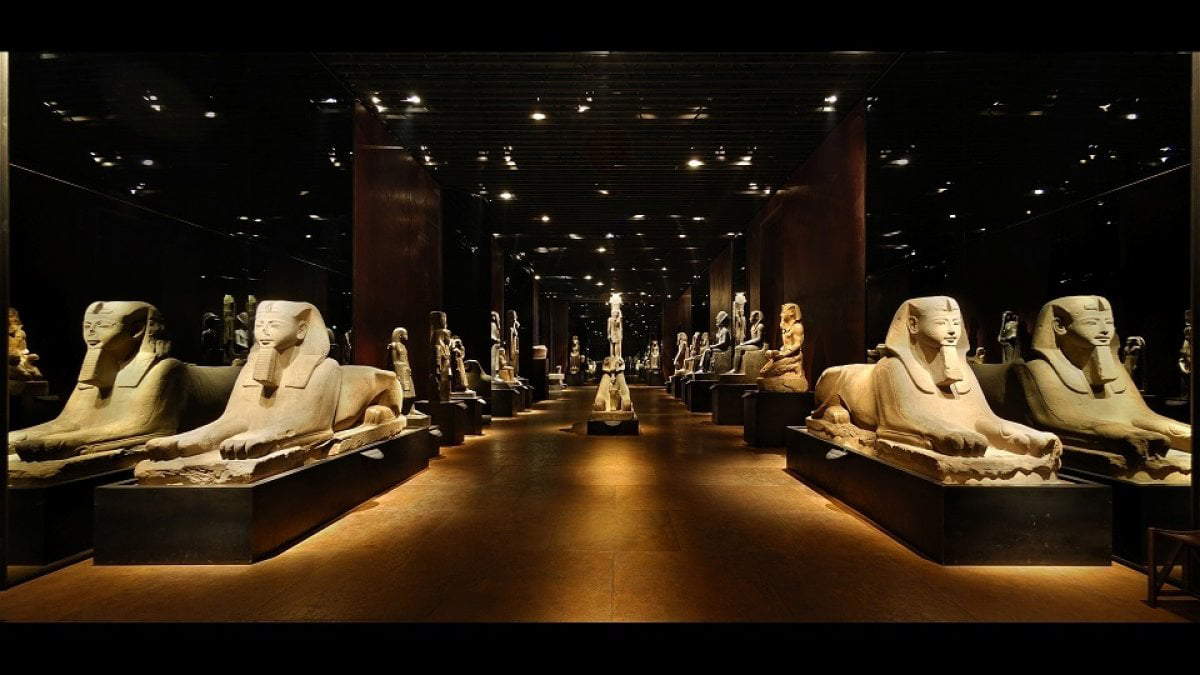What does politics have to do with museums? ICOM: new definitions but old institutions
What does politics have to do with museums? The reconstruction of the past as well as its musealization is itself a political act. Just as the British Museum or the Pergamon Museum were born to glorify a not-so-distant imperialist period, today many museums still stand as tributes to national identity. Even the inclusive and modern Egyptian Museum in Turin bases its collections on a colonial past. Well, if museums arise from a motivation other than purely cultural, their definition can also become a true manifesto.
Many institutions, especially in Europe, did not like the new definition of a museum proposed by ICOM and supported by its resigning chairwoman so much that its approval was postponed for another year pending a more agreeable change. However, one has to wonder why so many do not agree with this definition and why, as a result, many other professional figures in ICOM are resigning in turn creating a short circuit of historical relevance in this institution and in the museums it is supposed to represent.
 |
| Egyptian Museum, Turin |
We are all aware that we live in a time of great change. Anti-racist movements, statues of powerful and controversial men of the past torn down are evidence that the strata most ignored by society are manifesting a legitimate need to forcefully denounce a general state of profound social, economic and cultural injustice.
The new definition, the last part of which reads “Museums (...) contribute to human dignity and social justice, global equality and planetary wellbeing,” once again emphasizes the need to embrace this social and community spirit.
It is evident how this definition encourages accommodating minorities in museums, educational programming, event organization and cultural agenda planning. From protecting human rights to protecting the environment, our institutions can no longer afford to be neutral places of preservation, display and study. The museum should be the first place appointed to inspire new generations and become a new hub of ideas for the future, an antidote to populisms, racisms and illiteracies.
Banksy’s idea of re-erecting demolished statues alongside those of their detractors has created a new and interesting paradigm of reading monuments updated to our today. Perhaps we should try to follow the change in the most ethical and forward-looking way possible. Rethinking our idea of museums might be one of the simplest steps in a small social and cultural revolution. Believing in a better world might be worth the (metaphorical) demolition of old definitions and a few dented statues.
Warning: the translation into English of the original Italian article was created using automatic tools. We undertake to review all articles, but we do not guarantee the total absence of inaccuracies in the translation due to the program. You can find the original by clicking on the ITA button. If you find any mistake,please contact us.



























